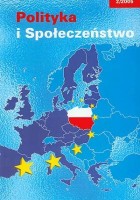
We kindly inform you that, as long as the subject affiliation of our 300.000+ articles is in progress, you might get unsufficient or no results on your third level or second level search. In this case, please broaden your search criteria.

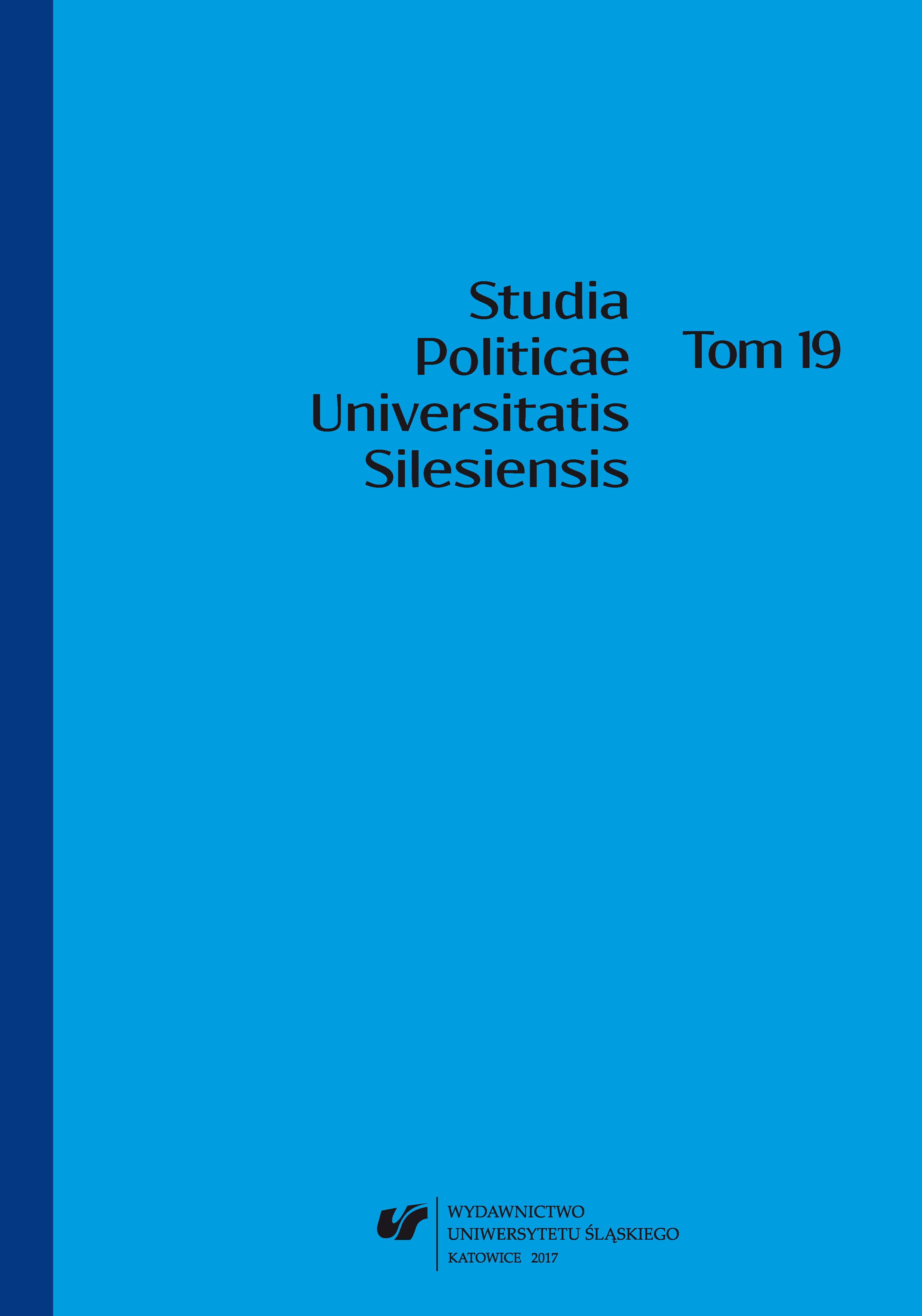
The Bolivarian Revolution started in 1999, by Hugo Chávez, extended to reachnot only Venezuela but also Bolivia and Ecuador. Whether, what today is called “the revolution”, deserves its title is often being questioned. It is certain, though that a lasting result of those actions is a set of completely new fundamental laws. Some similarities can be found both in this process and in ratifications of new Constitutions. The following article is meant to be an attempt of political and legal analysis of constitutional process and of the ratifications of new fundamental laws. Special attention was given to those similaritieswhich were usually connected with the idea of the Bolivarian Revolution and with the so‑called „Socialism of XXI century”. Furthermore, the issues which were reflected in new Constitutions and which for each of those three populist leaders, are the elementsdistinguishing the Bolivarian Revolution in those countries, will be discussed.
More...
The article characterizes the main changes in the school system in the years 1998—2016 and their political context. The author focuses on the agenda of the reform whichinstituted junior secondary schools. It also concerns the new programme document which was released in 2008 (modernization of the school system reform). The last issue which the author focuses on is the school system reform carried out by the Law and Justice party. It involves abolishment of junior secondary schools, extension of the time of education in: primary school (up to 8 years), secondary school (up to 4 years), technical school (up to 5 years)and establishment of the first and second level of trade schools (instead of vocational schools).
More...
Existence of free media is one of the most important feature of democratic system. Since the collapse of the communist system in 1990s, Central and Eastern European societies have been overtaken by a process of change. Media system change was part of the general process of what may be called systemic social transformation. The main goals of free media in Central and Eastern European were: introduction and legitimization of the concepts of democracy, rule of law and constitutionalism as much as concepts of political pluralism, competition and new political parties and candidates as legitimate competitors. Unfortunately in post-communist countries media have not yet reached a state of full independence from the current interests of political parties.In this study there is case of Poland analyzed. After Polish parliamentary election in 2015 there have been changes in public television. The article presents the results of media content analysis of “Wiadomości” TVP1. In first research there is comparison how “Wiadomości” and “Fakty” coverage the same political events. In second research there is comparison how “Wiadomości” coverage politics in 2015 and after parliamentary election in 2015. The purpose of the research was to evaluate if the politics coverage became more balanced or more biased.
More...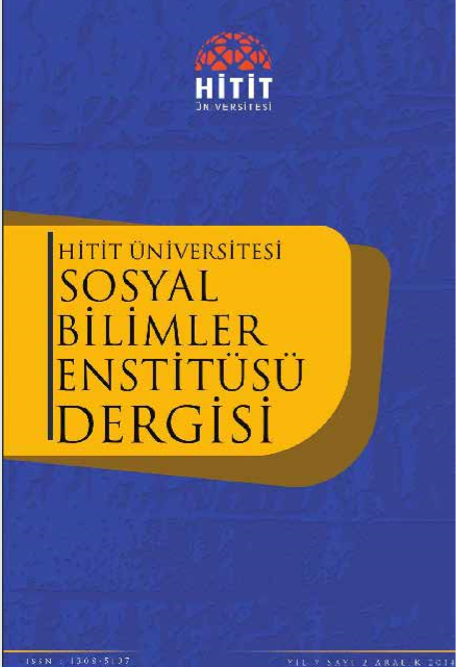
The meanings of concepts are not positive or negative by themselves. It is human beings or society that gives them their positive or negative meanings. However, the concepts of both democracy and science are used today as if they have positive meanings by themselves. When questioning the relationship between these concepts, it is mostly believed that these two concepts are positively entwined. This paper aims to seek an exact answer to this question, what is the affirmative relation between democracy and science. Moreover, this paper points out how, if possible, democracy can be fed on science. For this reason, National Socialism’s view of science which has serious problems with the idea that democracy is taken as an example. The approach of National Socialism with regards to science as a main marker of social issues but rejects democracy gives an opportunity to discuss this issue.
More...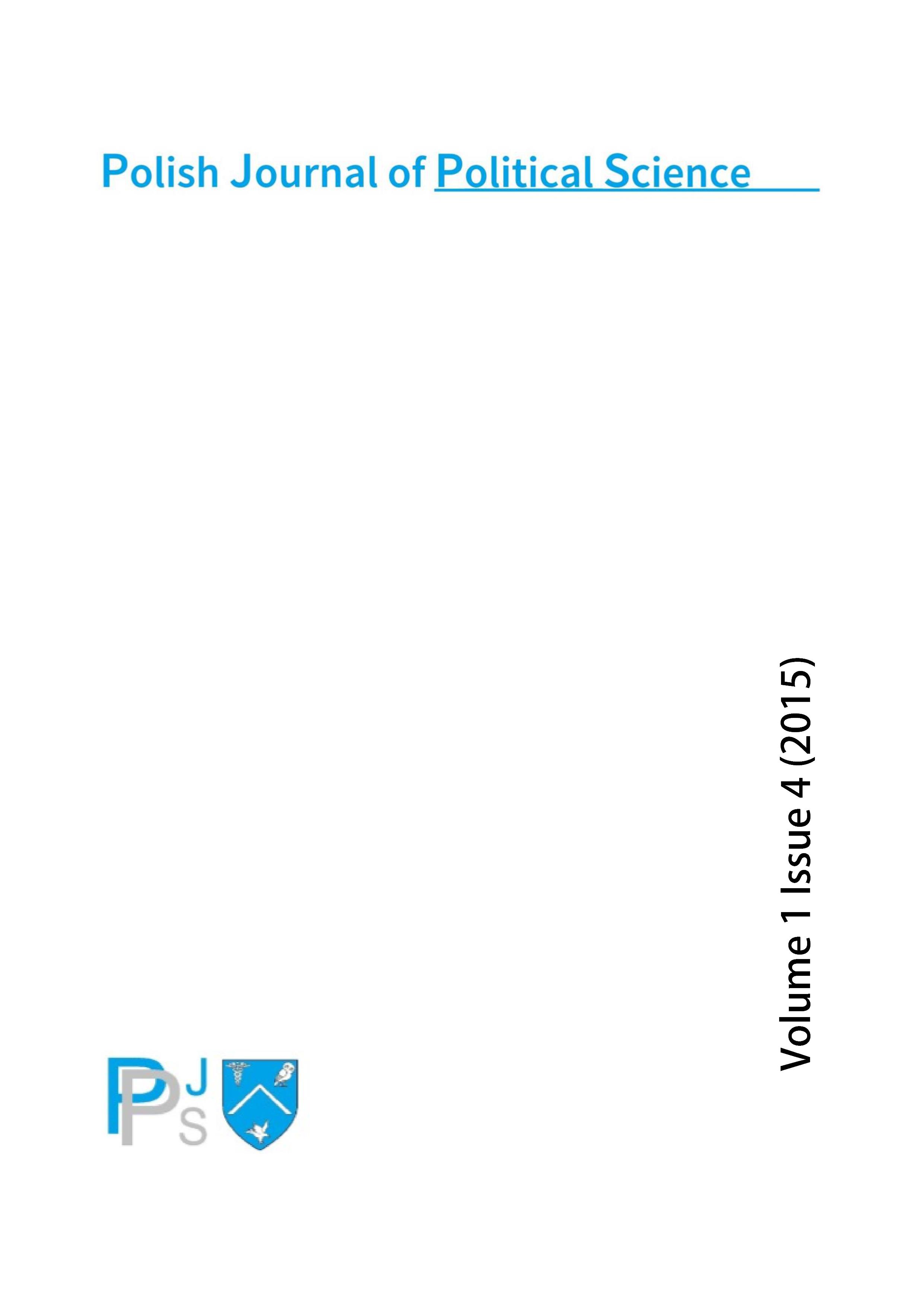
The article analyses the recent developments of the relationship between Russian minority in Estonia and its host state. It gives a theoretical background on the minority issue in the triangle of “kin-state/ minority/ hoststate”. In Estonia, the principle of Restitution governed the emergence of the Estonian policies. By the end of the 1990s the elites realized that the course towards the integration of the non-Estonian minority should be taken. The mood in the society can be traced from the mostly exclusive citizenship and language policies towards more inclusive course on integration. The author states that after the events of 2014, the attitudes towards the Russian minority were mixed, with some signs of radicalization, but overall there were attempts to include the minority more in the life of the country.
More...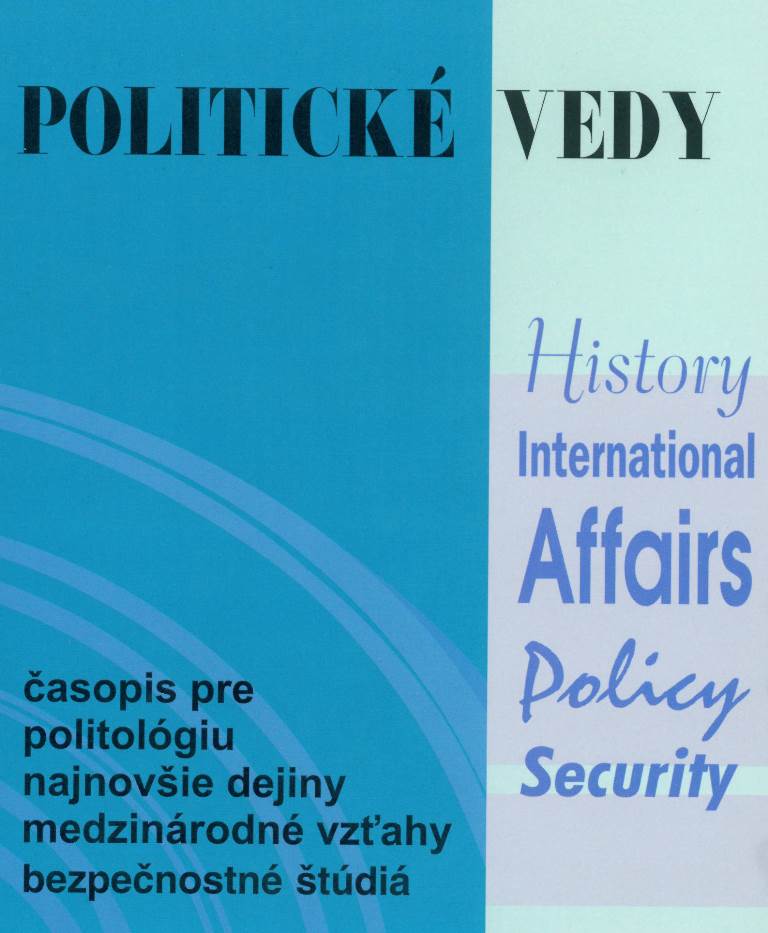
The current analysis concentrate on how expert knowledge is diffused in international politics. To find an answer the case study on expert knowledge about human security is offered. The text traces the development and the diffusion of the expert knowledge on human security, trace the agents working on the diffusion process and analyzes the structure and relations in the social system where human security was diffused. I conclude that the expert knowledge on human security led to the emergence of an assemblage – here called epistemic infrastructure – which includes actors, institutions, relational links and practices. The epistemic infrastructure is the links between ideas, their authors, those who diffuse the ideas and the particular social systems where the ideas are diffused. The epistemic infrastructure has the capacity to influence who will gain the knowledge and how the knowledge will be managed, and to structure the international politics and national agendas.
More...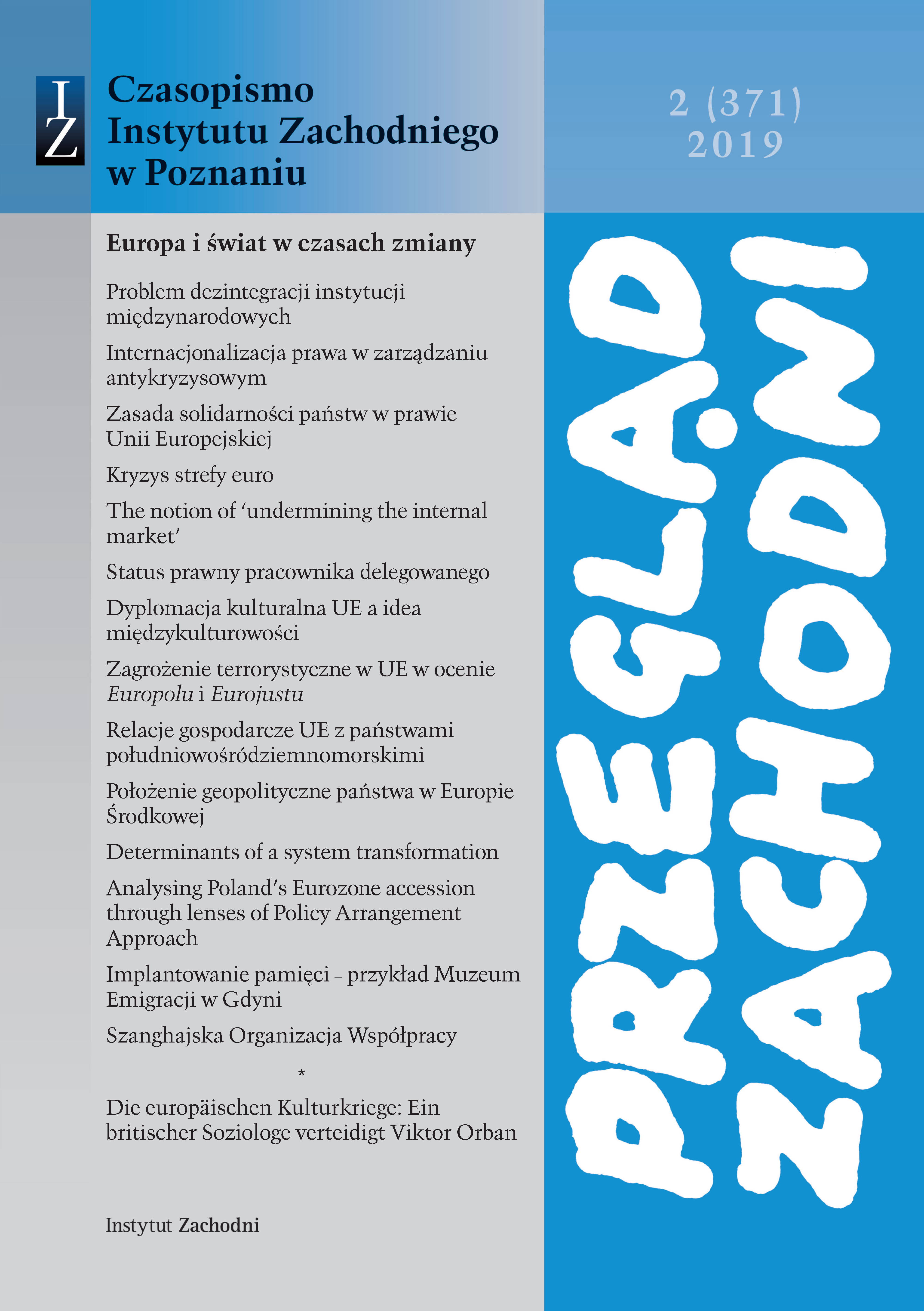
The purpose of this article is to analyze the usefulness of the liberal paradigm of international relations to scientific research aimed at explaining the disintegration trends functioning in some institutions of world politics. It is worthwhile to reflect on the possibility of applying this theory to the analysis of decomposition processes that can be perceived, for example, in Europe. The hypothesis is based on the statement that the research value of liberal thought, especially in the field of exploration of causes, course of actions, and the consequences of erosional phenomena of international regimes, is characterized by specific constraints, however its selected elements still remain valid. Considering the above, the liberal theory has been presented based on the beliefs of the leading foreign policy researchers who represent various trends in the analysis of international affairs. The qualitative concept used in the study led to the generation of a research method, which was used in order to reflect on the problems of disintegration of transnational bodies. The scientific procedure contained in article is aimed at capturing a new phenomenon of disintegration, an example of which is the perspective of the secession of Great Britain from the EU community, within the framework of one of the well-known paradigms of international relations.
More...
Review of: NENA SKOPLJANAC - Ljubomir Tadić: Nauka o politici, IRO »Rad«, Beograd 1988,
More...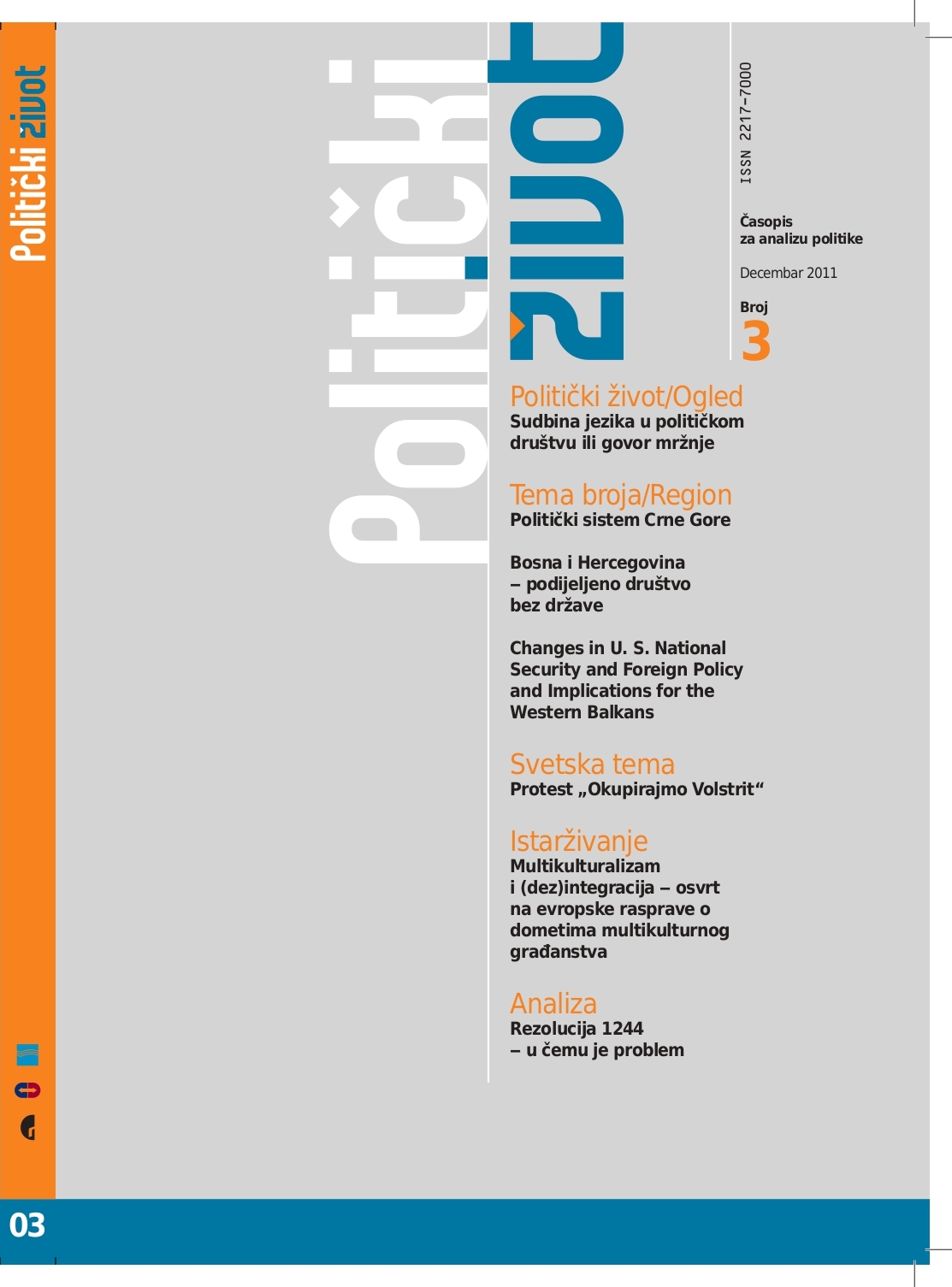
Rezolucija 1244 Saveta bezbednosti UN doneta je na osnovu glave VII Povelje UN i obavezuje sve države članice UN. Bez obzira na svoju pravnu prirodu, ona se veoma različito tumači ne samo među onima na koje se direktno odnosi, već i među onima koji su je doneli. U tekstu se raspravlja o tome kako je moguće da je došlo do takve situacije i daje se odgovor na pitanje kakva su pravila međunarodnog prava koja se moraju koristiti prilikom tumačenja odluka Saveta bezbednosti (naročito Rezolucije 1244)
More...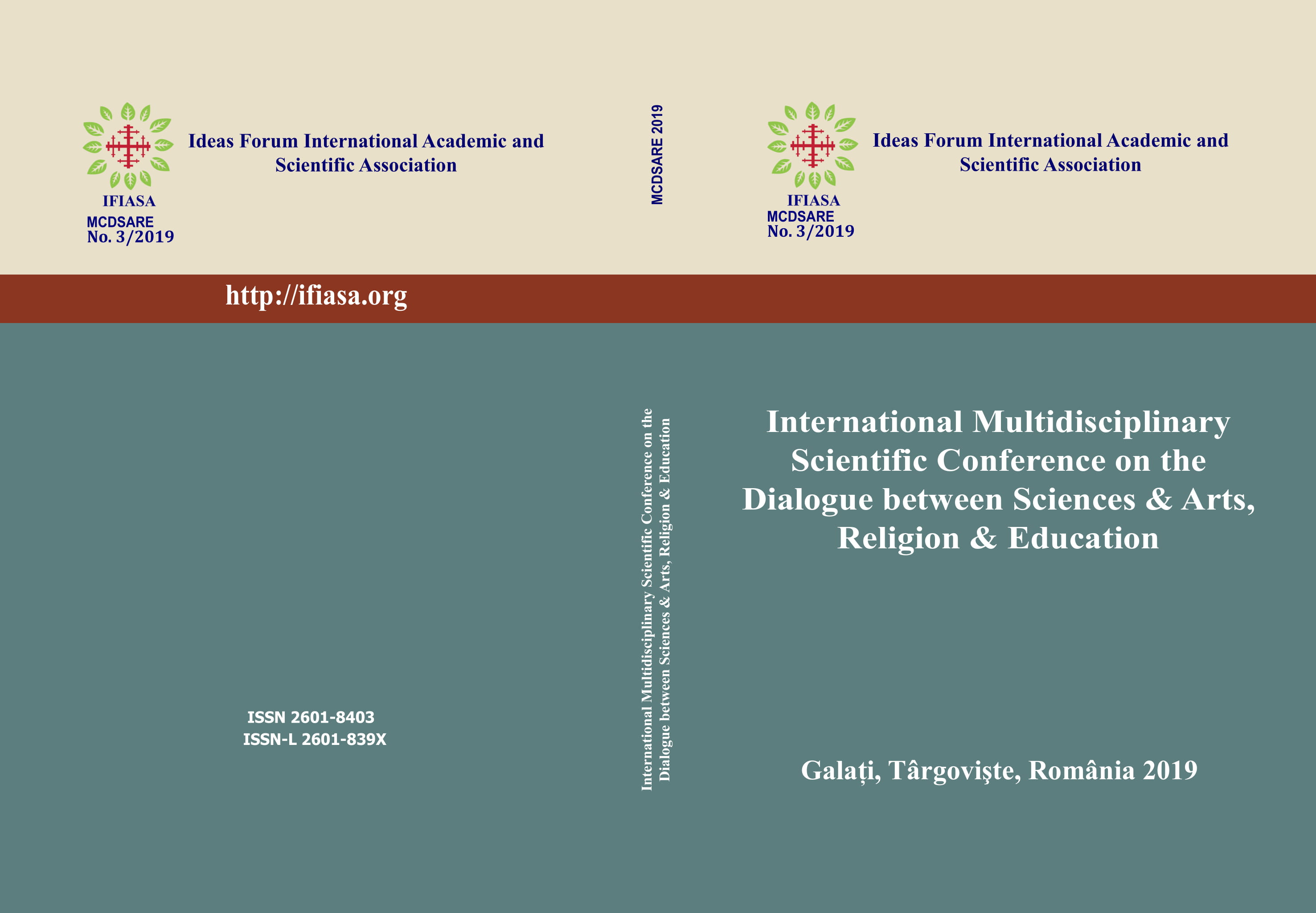
2019 brings about fiery debates and endless questions about the United Kingdom‘s current and futurerelation to the European Union. An important aspect is whether the United Kingdom should or should notorganise another national referendum regarding membership in the European Union. It is, nevertheless,equally important to identify the causes and reasons that led to the vote in favour of Leave in the 2016referendum, widely known as Brexit. It is contended here that the British media played an important rolein shaping the citizens‘ options, imposing themselves as actors in the construction of a sociologicalphenomenon with serious effects and consequences. Combining the linguistic and cultural perspectives,with scientific tools from the domain of Discourse Analysis, this paper will look into several relevant proand anti-Brexit views, as presented by important British newspapers to the wide public, tracing theirarguments and the way in which manipulation was achieved on both Leave and Remain sides.
More...
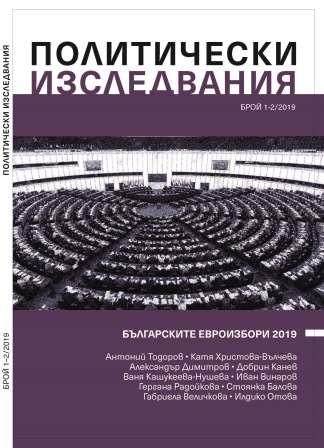
At the beginning of the campaign for the European Parliament elections in Bulgaria, most polls placed the Bulgarian Socialist Party (BSP) either in the first place, or at slight difference after GERB, but in any case, with a real chance of winning this election. Such was the declared objective of the Bulgarian socialists. However, the votes cast on the ballot on May 26, 2019 showed a different picture: BSP ranked second for the fourth consecutive time, with a considerable distance from the first – GERB. The article seeks to answer the question regarding the dimensions and reasons for the results of BSP in the elections. This is done by tracing the overall process of preparing and conducting the campaign, from the formation of the candidate list and the adoption of the election platform, through the course and eatures of the Socialist’s Party campaign. The campaign results are compared with previous results of the Socialists and with the results of the main competitor since 2007 – GERB.
More...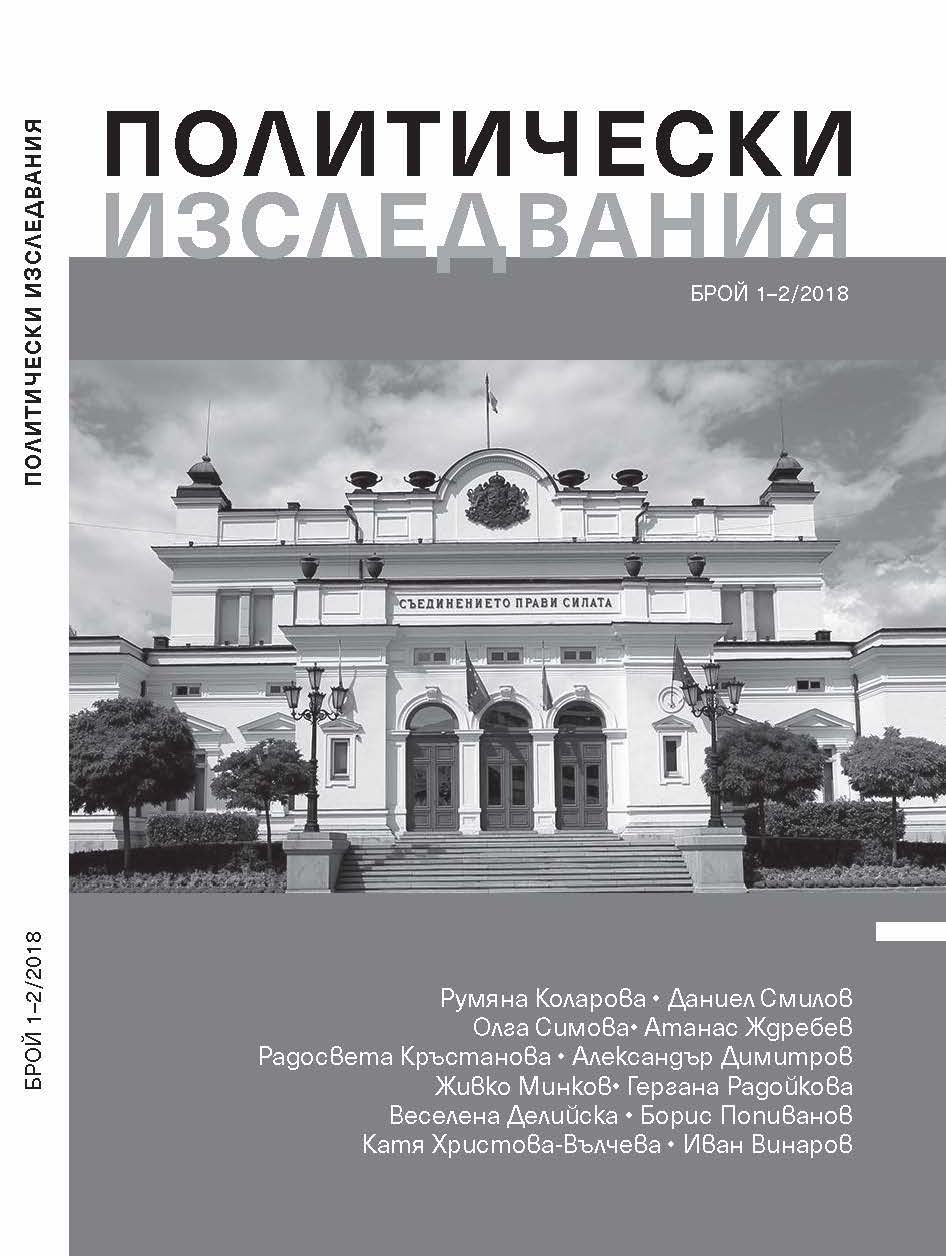
The study illustrates and analyses the main problems and political challenges faced by the funded pension pillars in Bulgaria. It is motivated by the specific direction of the pension debate, which resumed in the country and by the recent reform attempts that contravene the multiplier design and complementary balance between the solidarity and funded approaches of meeting the retirement risk. Approaches on which the new pension model was developed after 1999. The main goal of the study is to put under critical analysis and evaluation the development and the leading problems of the funded pension pillars in Bulgaria and to discuss possible reform steps and directions for their future evolution.
More...
Effective democracy depends to a large extent on effective communication. In this regard, comes one of the main, continuous deficits that the European Union is facing. The key to a proper understanding of the essence and way of functioning of the Union is above all to raise citizens' awareness. This is a long educational process that runs through several channels, including political parties, EU institutions, non-governmental organizations, universities, schools. With the White Paper, the European Commission launched a new debate on the future of the EU of 27 Member States. As a key priority, the Commission pointed out the need for active dialogue with citizens. Members of the Commission travelled all over Europe to listen to citizens' views on the various scenarios proposed, thus giving everyone the opportunity to contribute to defining the way forward for the Union.The author of this text has, as its main task, to examine the main shortcomings in the communication of European issues in the context of the current geopolitical challenges. Special emphasis is placed on the need to improve civic education and serious investment in the political literacy of young people. An attempt is also made to assess the results of the Citizens' Dialogue Initiative – in the light of the debates on Brexit and the key European Parliament elections.
More...

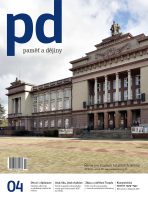
The communist opposition which established itself after the 5th Convention of the Communist Party of Czechoslovakia in 1929 is almost unknown today, even though it was an important phenomenon in the history of the Czechoslovak communist movement. It also involved many politicians who had been leaders of the Party in the 1920s and a considerable number of the Party’s members.
More...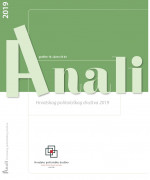
Krovna strukovna organizacija politologa, Hrvatsko politološko društvo (HPD), održalo je 4. prosinca 2019. Izbornu skupštinu na kojoj je izabrano novo vodstvo. Dotadašnji predsjednik HPD-a Dražen Lalić istaknuo je kako je nakon četiri godine "hibernacije" pod prijašnjim vodstvom napravljen velik iskorak. To je ponajprije vidljivo u obnovi Hrvatskih politoloških razgovora, koji se održavaju svake godine, te u održavanju promocija politoloških knjiga i rasprava za okruglim stolovima o aktualnima političkim temama.
More...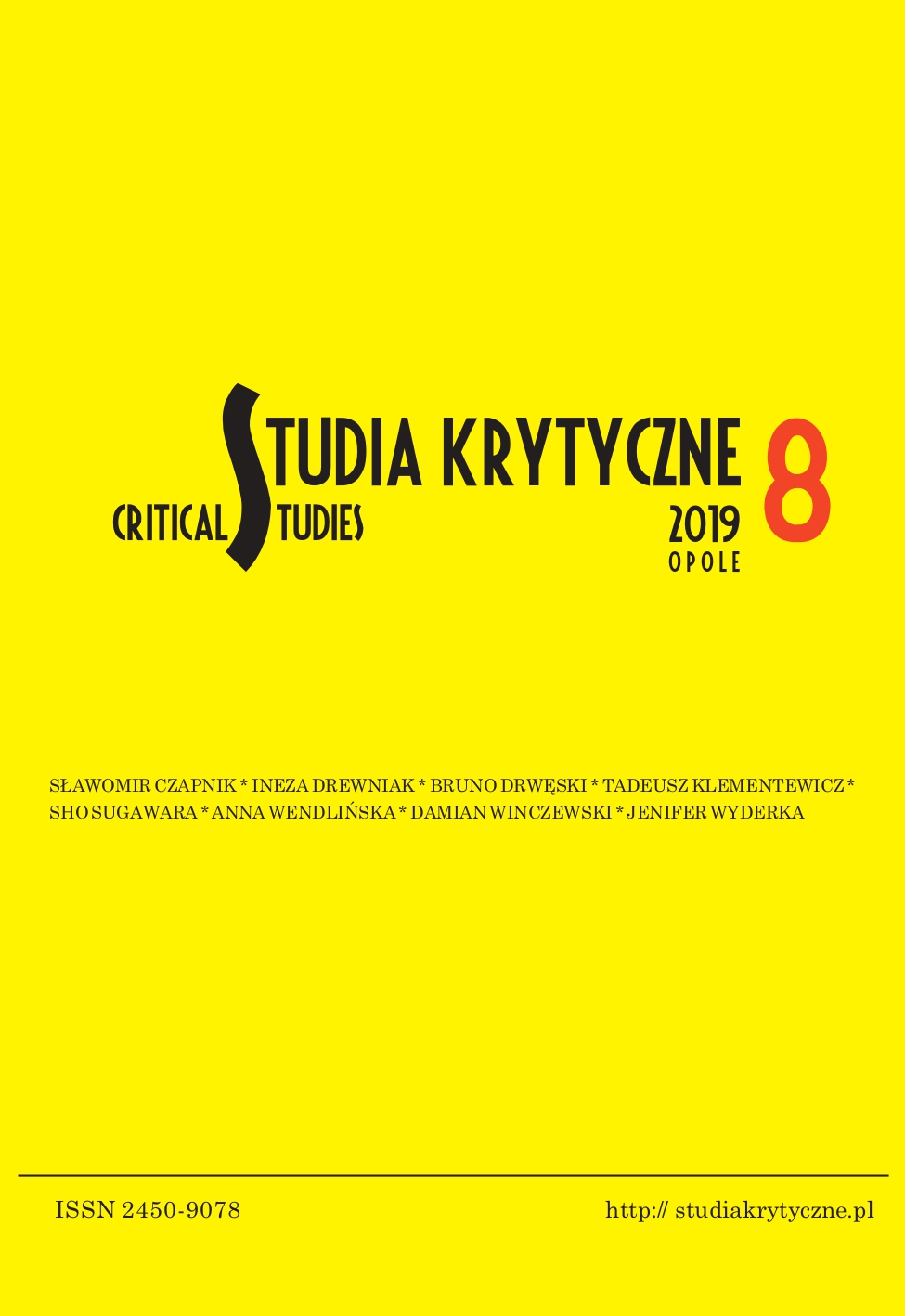
Celem artykułu było przyjrzenie się słynnej debacie Oskara Langego z reprezentantami Austriackiej Szkoły Ekonomii i krytyczna rekonstrukcja argumentów obu stron w świetle współczesnej wiedzy ekonomicznej. Oskar Lange początkowo uznawany za zwycięzcę debaty po krytyce Friedricha Hayeka i upadku realnego socjalizmu stał się przegranym reprezentującym niewłaściwe podejście metodologiczne oparte na dorobku szkoły neoklasycznej w ekonomii. Uważna egzegeza esejów uczestników debaty i nowe koncepcje ekonomiczne pozwalają jednak na zniuansowanie powyższych wniosków. Po pierwsze, Mises nie udowodnił niemożliwości istnienia gospodarki niekapitalistycznej – „obalił” tylko stworzony przez samego siebie karykaturalny model gospodarki socjalistycznej, który nie miał wiele wspólnego z rzeczywistymi propozycjami ekonomistów marksistowskich. Po drugie, argumentacja Hayeka zawiera w sobie niespójności i jak pokazuje współczesna wiedza jej wartość ma dość ograniczony historycznie charakter. Tezy Langego okazały się błędne głównie z powodu zapożyczeń z liberalnej, neoklasycznej teorii ekonomii. Jednak w świetle współczesnej jego ostateczne wnioski, które głoszą, że poprawne funkcjonowanie rynku w gospodarce socjalistycznej jest głównie problemem technologicznym powiązanym z kwestią demokratycznej kontroli nad środkami produkcji, w świetle współczesnej wiedzy wydają się być bardzo aktualne. Wobec tego debata kalkulacyjna wciąż jest otwartą kwestią. The aim of the article was to look at the famous debate of Oskar Lange with representatives of the Austrian School of Economics and to critically reconstruct the arguments of both sides in the light of contemporary economic knowledge. Oskar Lange, initially considered the winner of the debate after Friedrich Hayek’s critique and the collapse of real socialism, became a loser representing an inappropriate methodological approach based on the achievements of the neoclassical school in economics. However, the careful exegesis of the essays of the main participants in the debate and the new economic concepts make it possible to discount the above conclusions. Firstly, Mises did not prove the impossibility of a non-capitalist economy – he “overthrew” only his own caricatured model of socialist economy, which did not have much in common with the real proposals of Marxist economists. Secondly, Hayek’s argumentation contains inconsistencies and, as modern knowledge shows, its value is historically limited. Lange’s theses turned out to be wrong mainly because of the borrowings from the liberal, neoclassical theory of economics. However, in the light of modern times, his final conclusions that the proper functioning of the market in a socialist economy is mainly a technological problem related to the issue of democratic control over means of production seem to be right in the light of modern knowledge. Therefore, the calculation debate is still an open question.
More...